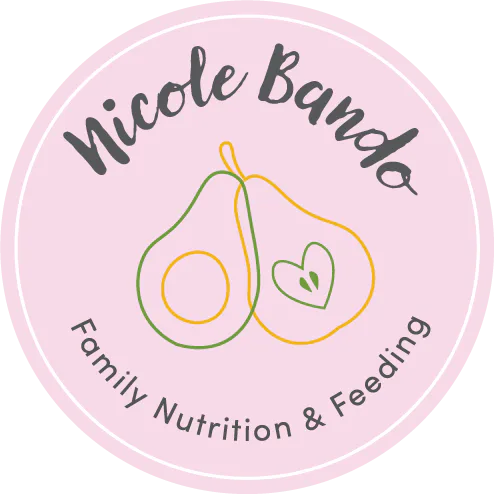
Developed by a naturopathic physician, Peter D’Adamo, proponents of this diet believe following a diet and exercise programme based on blood group (Types A, AB or O) improves fitness, digestive health, weight loss and wellbeing. Much of the discussion appears scientific, however it doesn’t hold pH neutral water. The Type A diet suggests more fruit, vegetables and less meat products, Type AB recommends less meat, more plant protein, some low-fat dairy and the Type O is similar to paleo; more animal products and low carbohydrates.
What does the science say?
A 2015 study of 1450 healthy adults debunked the blood group diet theory. On the Type A diet, an improvement was seen in body mass index, triglycerides (fats in the bloodstream), blood pressure and waist circumference, which are risk factors for heart disease, however this was independent of the individual’s blood type. Given the Type A diet is similar to recommendations of leading health bodies – more fruit, vegetables and less meat products, it is not surprising that a reduction in risk factors was seen in this group. The claims made about metabolism ad enzyme activity based on blood type are not scientifically true. Weight loss will occur whilst following these diets, given a reduction in processed foods, a greater intake of fresh foods and the reduced variety of foods you are ‘allowed’ to eat.
The bottom line?
This is another fad. Our blood group does not dictate an individual’s dietary requirements, it’s both far more simple and complex than that. Ultimately, follow a Mediterranean or flexitarian diet, with plenty of fresh fruit, vegetables, legumes, whole grains, low-fat dairy, some lean meat, fish and good fats for a sustainable approach, with rigorously scientifically proven health benefits whatever your blood type.
Wang J, García-Bailo B, Nielsen DE, El-Sohemy A. ABO genotype, ‘blood-type’ diet and cardiometabolic risk factors. PLoS One. 2014;9(1):84749.

Developed by a naturopathic physician, Peter D’Adamo, proponents of this diet believe following a diet and exercise programme based on blood group (Types A, AB or O) improves fitness, digestive health, weight loss and wellbeing. Much of the discussion appears scientific, however it doesn’t hold pH neutral water. The Type A diet suggests more fruit, vegetables and less meat products, Type AB recommends less meat, more plant protein, some low-fat dairy and the Type O is similar to paleo; more animal products and low carbohydrates.
What does the science say?
A 2015 study of 1450 healthy adults debunked the blood group diet theory. On the Type A diet, an improvement was seen in body mass index, triglycerides (fats in the bloodstream), blood pressure and waist circumference, which are risk factors for heart disease, however this was independent of the individual’s blood type. Given the Type A diet is similar to recommendations of leading health bodies – more fruit, vegetables and less meat products, it is not surprising that a reduction in risk factors was seen in this group. The claims made about metabolism ad enzyme activity based on blood type are not scientifically true. Weight loss will occur whilst following these diets, given a reduction in processed foods, a greater intake of fresh foods and the reduced variety of foods you are ‘allowed’ to eat.
The bottom line?
This is another fad. Our blood group does not dictate an individual’s dietary requirements, it’s both far more simple and complex than that. Ultimately, follow a Mediterranean or flexitarian diet, with plenty of fresh fruit, vegetables, legumes, whole grains, low-fat dairy, some lean meat, fish and good fats for a sustainable approach, with rigorously scientifically proven health benefits whatever your blood type.
Wang J, García-Bailo B, Nielsen DE, El-Sohemy A. ABO genotype, ‘blood-type’ diet and cardiometabolic risk factors. PLoS One. 2014;9(1):84749.
